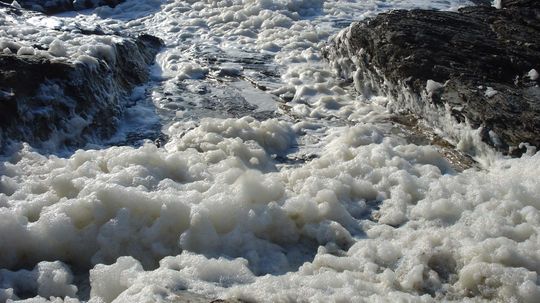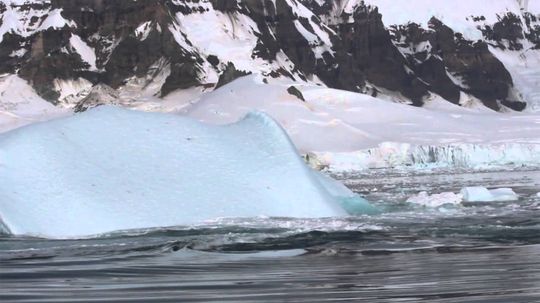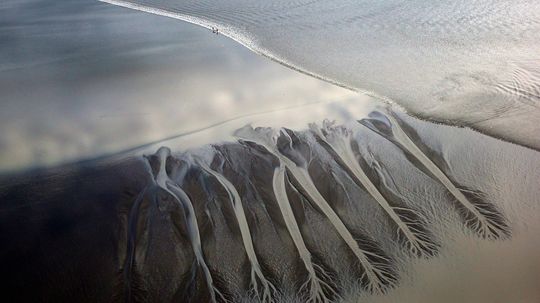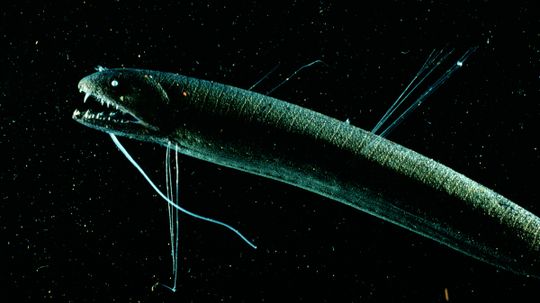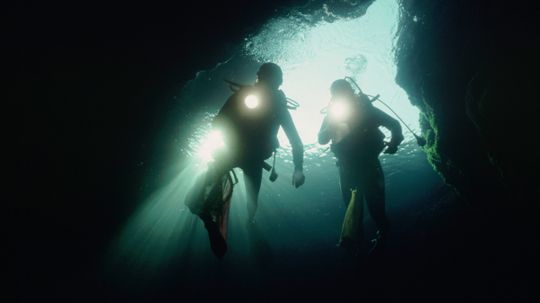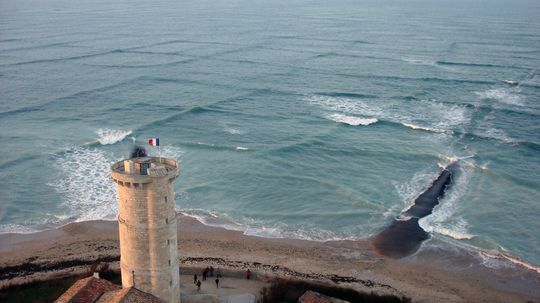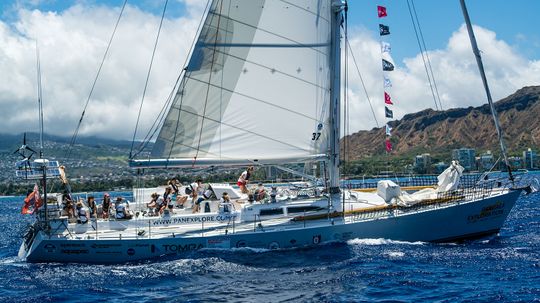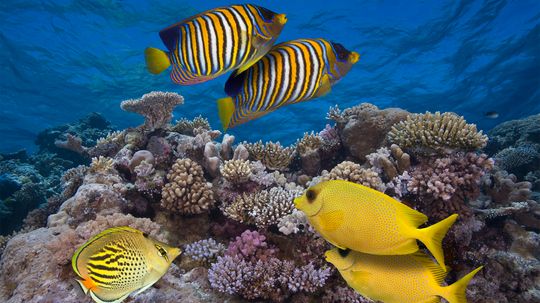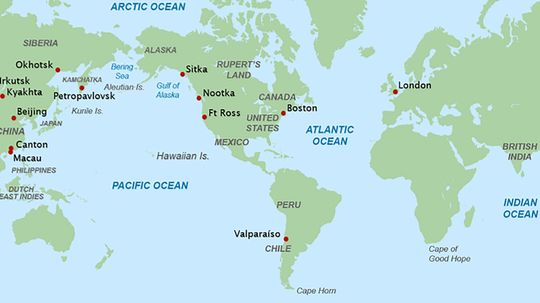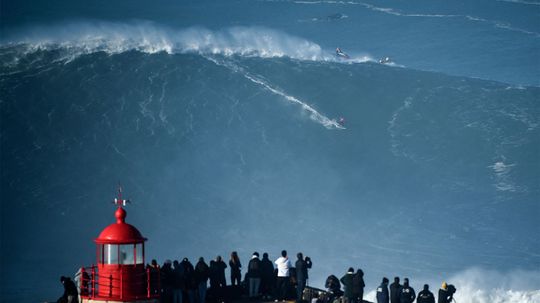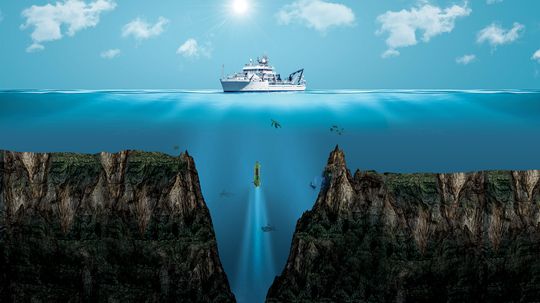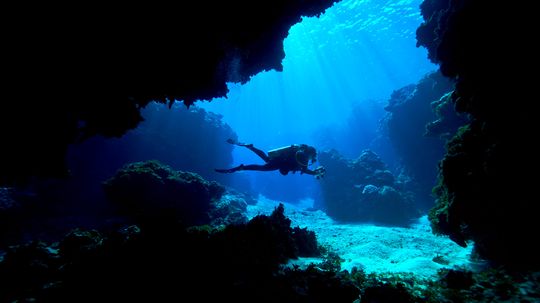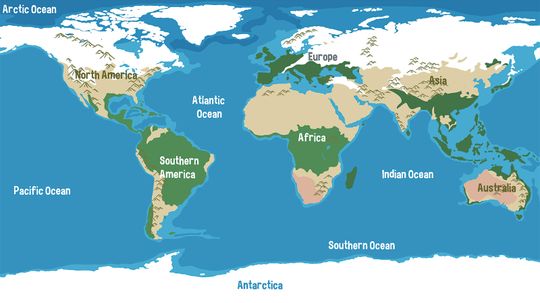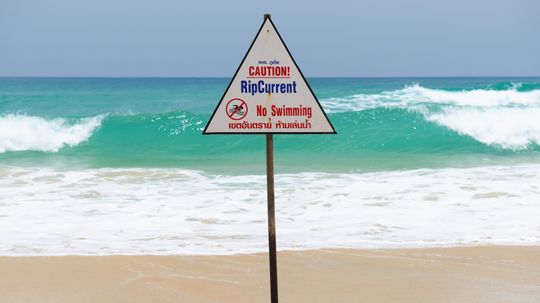Oceanography
Oceanography is the study of the oceans as ecological systems. In this section, learn about topics like currents, deep-sea research or how rogue waves work.

Worldwide Droughts Uncover Ancient Relics, Ruins and Remains

450 Huge Geometrical Earthworks in the Amazon Hint at Past Civilizations

Ancient Egyptians Believed Cats Had 'Divine Energy'

15 Types of Gemstones to Add a Little Sparkle to Your Life
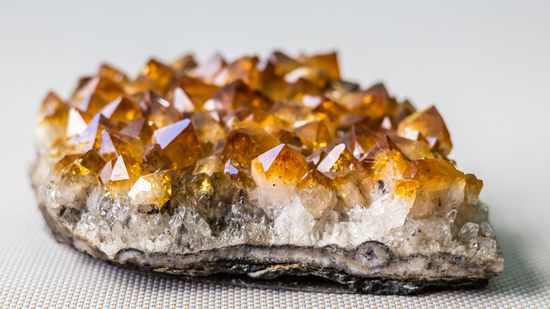
13 Brown Gemstones for Understated Elegance

10 Red Gemstones That Evoke Power and Bold Luxury

10 Longest Rivers in the U.S.: From the Missouri to the Brazos

What Is the Smallest State in the USA? Looking at Area and Population
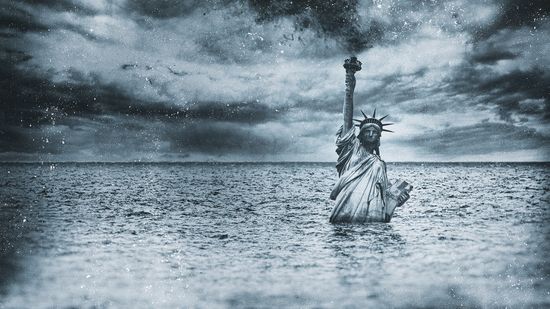
Venice Isn't Alone: 7 Sinking Cities Around the World
Learn More / Page 2
Anyone who's been to the ocean has probably seen the foamy white stuff that clings to the sand after a wave breaks and recedes, but what the heck causes that bubbly foam and is it dangerous?
Around 90 percent of an iceberg is under the water, but changing weight distribution caused by melting can make it flip.
The super-cool phenomenon of tidal bores happens in only a few places on the globe, and it takes a very specific set of conditions to occur.
By Mark Mancini
Advertisement
There's still a lot we don't know about the world. A thousand years ago, we thought we could literally sail off the edge of the planet. Good thing we're quick learners. But while space may be the final frontier, the ocean may be the greater mystery.
There's no denying it: "Anomaly" is a great word, full of danger and mystery. So when an underwater object is declared a bona fide anomaly, it's no surprise our ears perk up a bit. But is the Baltic Sea anomaly worth the hype or just a big old dud?
By Kate Kershner & Yara Simón
As global freshwater sources become scarcer, desalination plants play an increasingly pivotal role, transforming our vast oceans into drinkable reserves. Let's delve deeper into the mechanics of these vital facilities.
Square waves also called Cross-sea waves may looks super cool. But you never want to get caught up in the grid-patterned waves they generate.
Advertisement
EXXpedition founder Emily Penn will captain the 300, all-female crew in its first Round the World sailing voyage.
If it looks like a party is on, maybe they'll come back. Playing the sounds of a noisy, healthy coral reef can attract important fish species to devastated reef habitats.
The waters of the Atlantic and Pacific oceans meet at the tip of Cape Horn and never the two shall mix, right?
According to Guinness World Records, the waves in Nazaré, Portugal, are the biggest ever surfed. Scientists attribute the massive waves to an underwater canyon, but how does it work?
By Dylan Ris
Advertisement
The ocean is so deep, it puts the height of Mount Everest to shame.
By Mark Mancini
You might be surprised at how little of the world's oceans scientists have investigated.
The oceans take up most of the surface area of our planet and remain mostly unexplored. But how many oceans are there?
Rip currents are the number-one concern for beach lifeguards: About 80 percent of all beach rescues are related to rip currents. Learn what they are and what you should do if you get caught in one.
By Tom Harris
